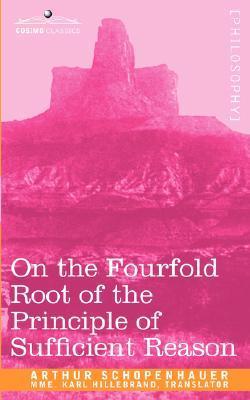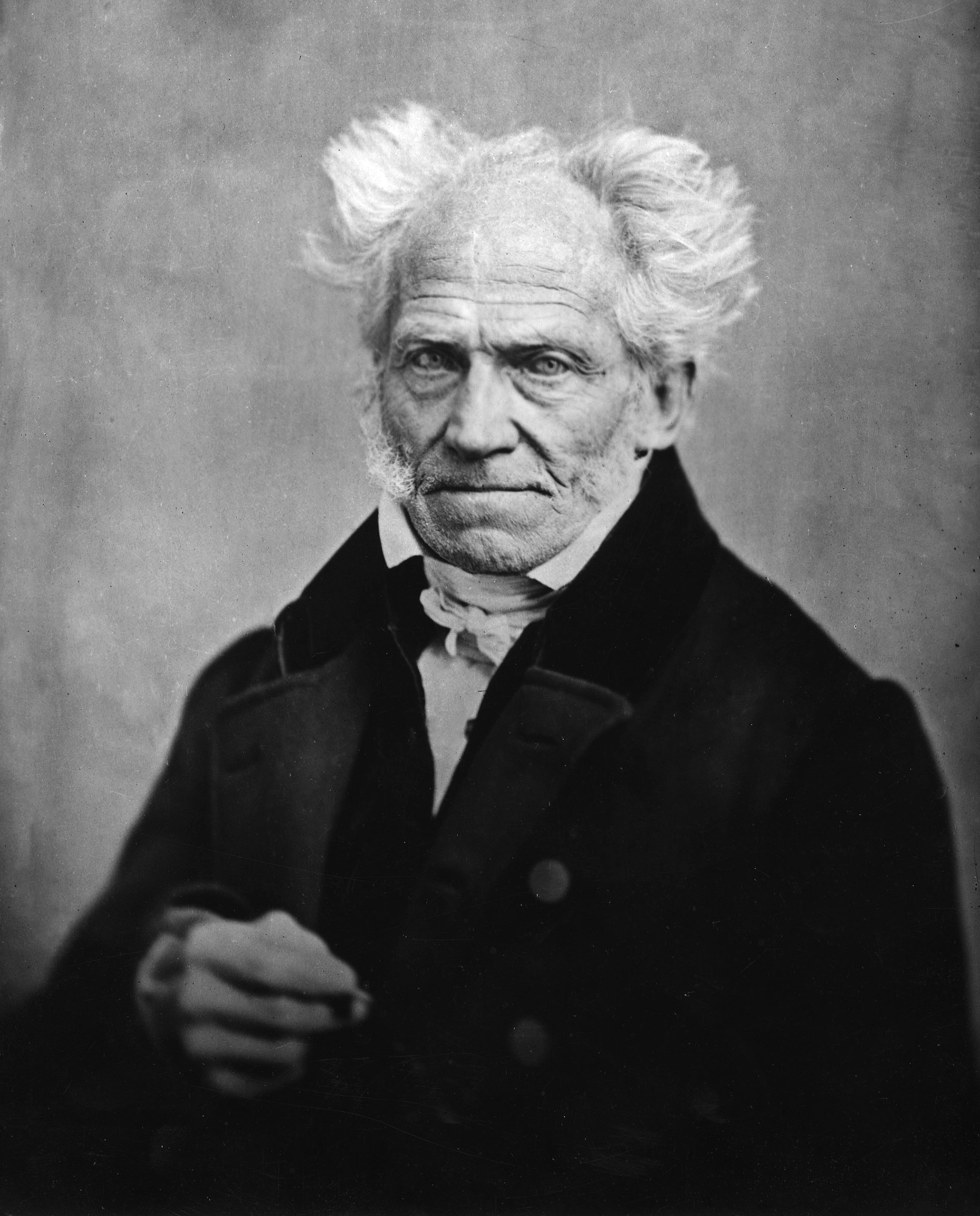
On the Fourfold Root of the Principle of Sufficient Reason
1813
First Published
4.05
Average Rating
202
Number of Pages
A disciple of Immanuel Kant, Arthur Schopenhauer took the Kantian concept that all knowledge derives from experience and broadened it to conclude that our experience of the world is necessarily subjective and influenced by our own intellect and biases, and that reality is but an extension of our own will. This is the basis of all of Schopenhauer's thinking, and here, he offers an essential foundation for understanding and appreciating all of his work. First produced as his doctoral dissertation in 1813, these two essays-"On the Fourfold Root of the Principle of Sufficient Reason" and "On the Will in Nature"-were revised and published by the author in 1847; this 1889 edition represents its first translation into the English language. Students of philosophy and of 19th-century culture will find this a demanding but satisfying read. The writings of German philosopher ARTHUR SCHOPENHAUER (1788-1860) were a profound influence on art and aesthetics, music and literature in the 19th century. Among his many writings, The World as Will and Idea (1819) is considered his masterpiece.
Avg Rating
4.05
Number of Ratings
626
5 STARS
37%
4 STARS
36%
3 STARS
23%
2 STARS
3%
1 STARS
1%
goodreads
Author

Arthur Schopenhauer
Author · 90 books
Arthur Schopenhauer was born in the city of Danzig (then part of the Polish–Lithuanian Commonwealth; present day Gdańsk, Poland) and was a German philosopher best known for his work The World as Will and Representation. Schopenhauer attempted to make his career as an academic by correcting and expanding Immanuel Kant's philosophy concerning the way in which we experience the world. He was the son of author Johanna Schopenhauer and the older brother of Adele Schopenhauer.